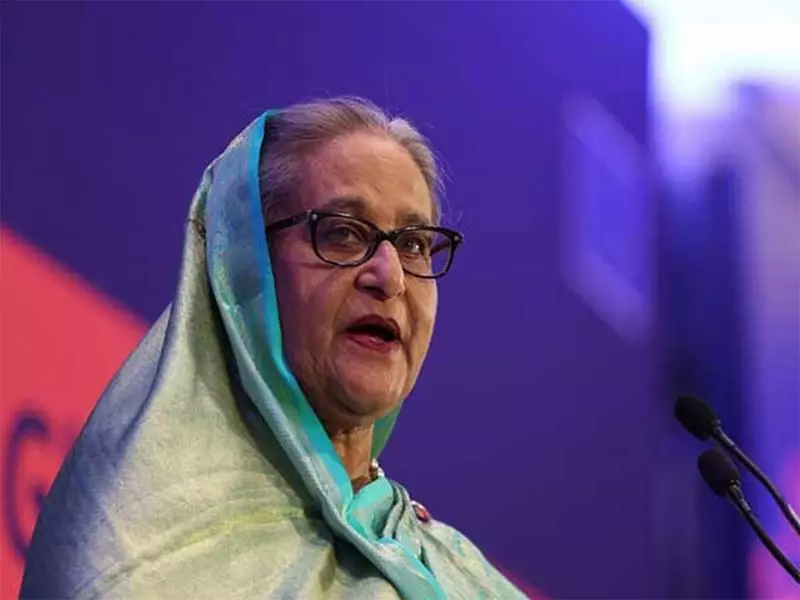
Bangladesh has taken significant diplomatic action by summoning India's acting high commissioner to express strong displeasure over comments made regarding Prime Minister Sheikh Hasina's media accessibility. This development marks a notable escalation in diplomatic tensions between the two neighboring countries.
Diplomatic Protest Over Media Comments
The Bangladesh foreign ministry called in Indian diplomat Dr. Bishwadip Dey on Tuesday to register an official protest. The summons came in response to remarks attributed to the Indian official about Prime Minister Sheikh Hasina's availability to journalists and media organizations.
According to ministry sources, Bangladeshi authorities expressed their strong dissatisfaction with the comments, which they considered inappropriate and interfering in internal matters. The diplomatic démarche represents a formal expression of Bangladesh's position on the matter and underscores the sensitivity of the issue between the two nations.
Context of the Diplomatic Strain
The diplomatic friction emerges at a time when Bangladesh is preparing for general elections scheduled for January 2024. Prime Minister Sheikh Hasina, who has led the country since 2009, is expected to seek another term in office. The current administration has emphasized its commitment to democratic processes while maintaining stability and development.
India and Bangladesh have historically maintained close bilateral relations, with cooperation spanning trade, security, and cultural exchanges. However, this incident highlights the delicate nature of diplomatic relationships, particularly when comments are perceived as commentary on domestic political matters.
The timing of this diplomatic exchange is particularly significant given the upcoming electoral process in Bangladesh. Both countries have substantial interests in maintaining stable relations, with India being Bangladesh's second-largest trading partner and the two nations sharing extensive cultural and historical ties.
Regional Implications and Future Relations
This development occurs within the broader context of South Asian diplomacy, where media freedom and political transparency frequently become topics of international discussion. The situation demonstrates how comments about media access can quickly escalate into diplomatic issues between neighboring countries.
Observers of regional politics note that while India and Bangladesh have generally maintained cordial relations, occasional diplomatic spats do occur. The current situation will likely be managed through established diplomatic channels, with both nations having mechanisms to address such concerns without significantly damaging long-term bilateral cooperation.
The foreign ministries of both countries have not released detailed public statements beyond confirming the basic facts of the diplomatic summons. This suggests a preference for handling the matter through quiet diplomacy rather than public confrontation.
As Bangladesh moves closer to its general elections, international observers will be watching how such diplomatic exchanges might influence broader regional dynamics. The relationship between India and Bangladesh remains crucial for South Asian stability and economic cooperation, making the resolution of this matter important for both nations.





